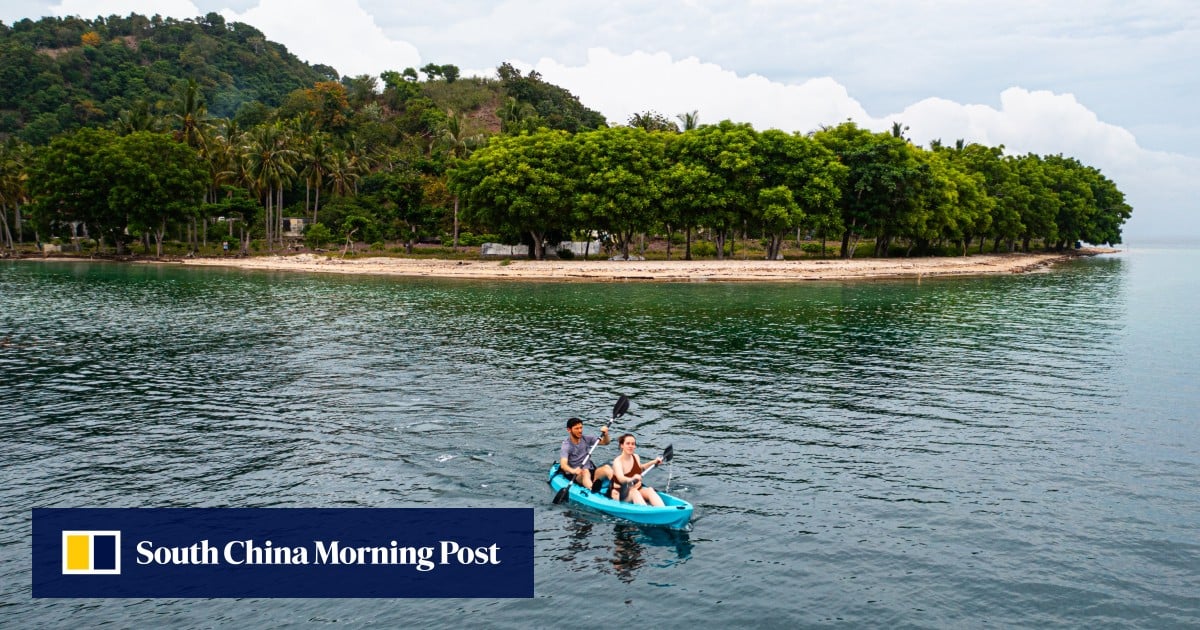Asahan has no roads or motor vehicles, and only five hotels. There is just one, small community of permanent residents, all of whom live here only because of the tourism work.
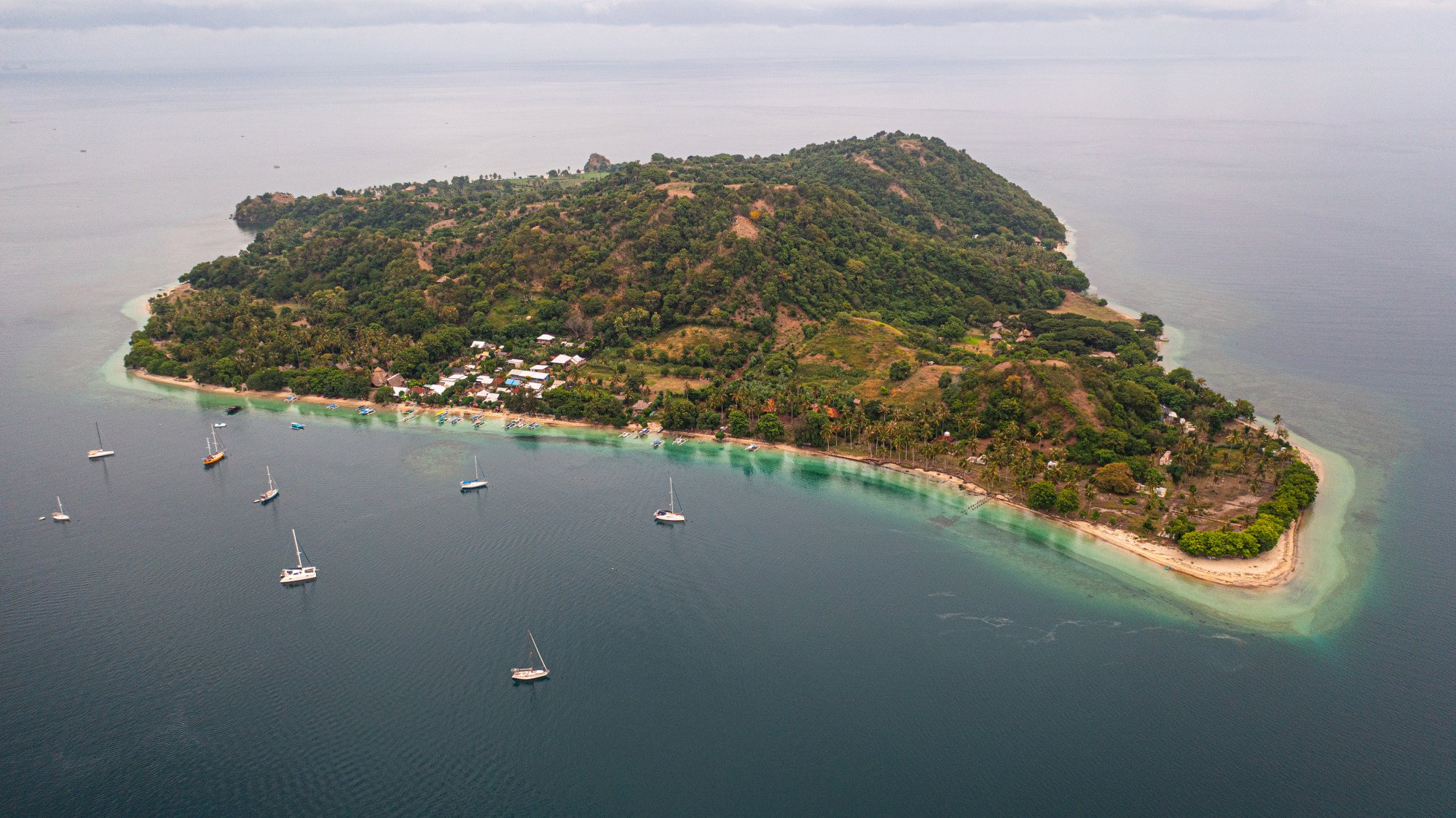
It is a world away from Lombok’s better-known gilis (islands) to the north – Trawangan, Meno and Air, collectively known as the Gili Islands – where tourists arrive in crowds on the fast-boat service from Bali.
But the lack of full-moon parties and Irish pubs is what makes Asahan so appealing. It is the kind of draw the Gili Islands had 30 years ago – an ideal destination for anyone looking to disconnect and reset.
Noise pollution is ubiquitous these days – just half an hour on Lombok’s roads will confirm that – and in a world of overstimulation, it is no surprise that “quietude travel” is considered one of this year’s most popular tourism trends.
This mindful approach encourages the choosing of destinations in which travellers can disconnect from the wider world and surround themselves with natural quiet, whether that is at a silent meditation retreat or in a cabin in the woods far from any mobile phone tower. Or on Asahan.
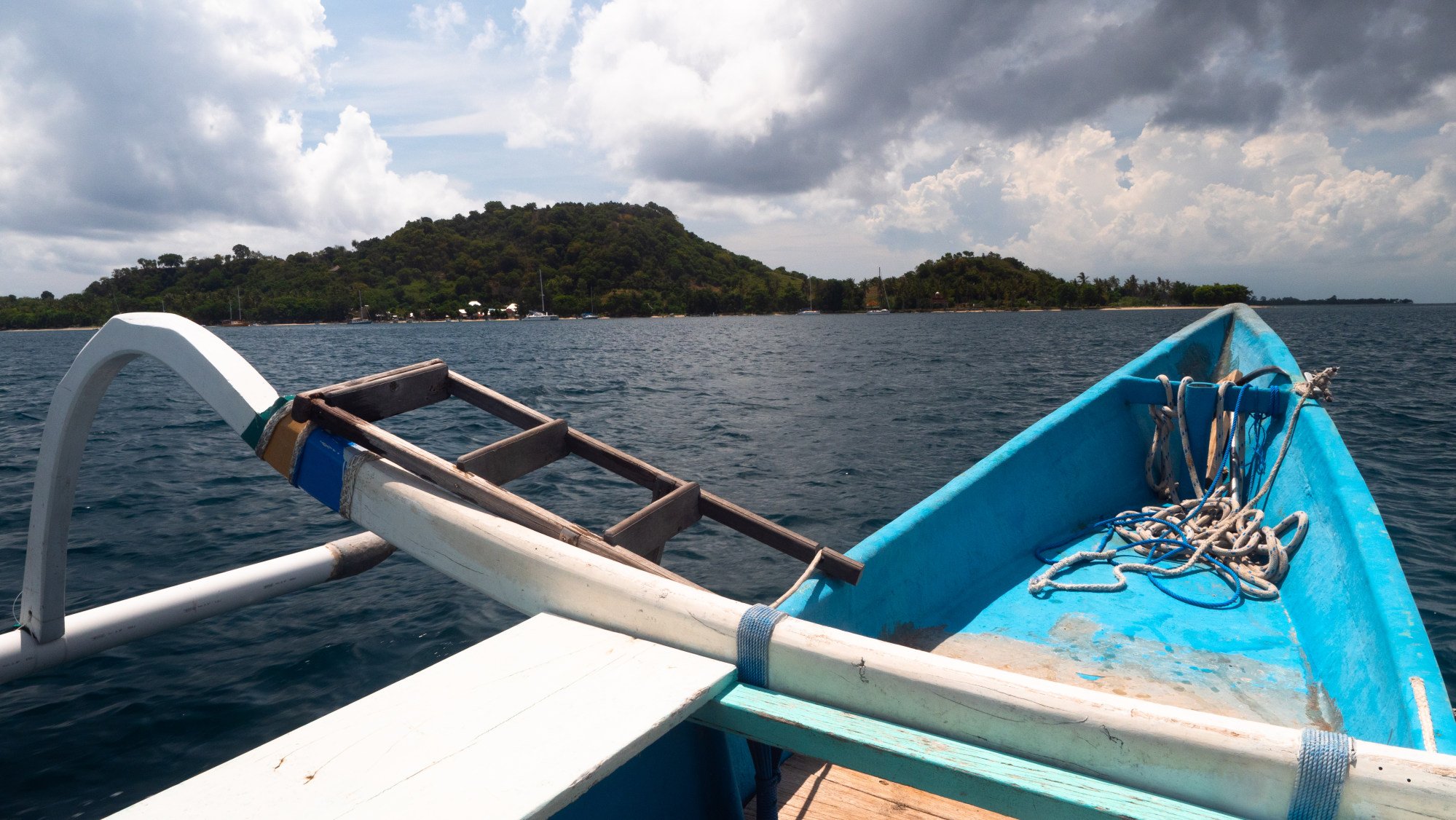
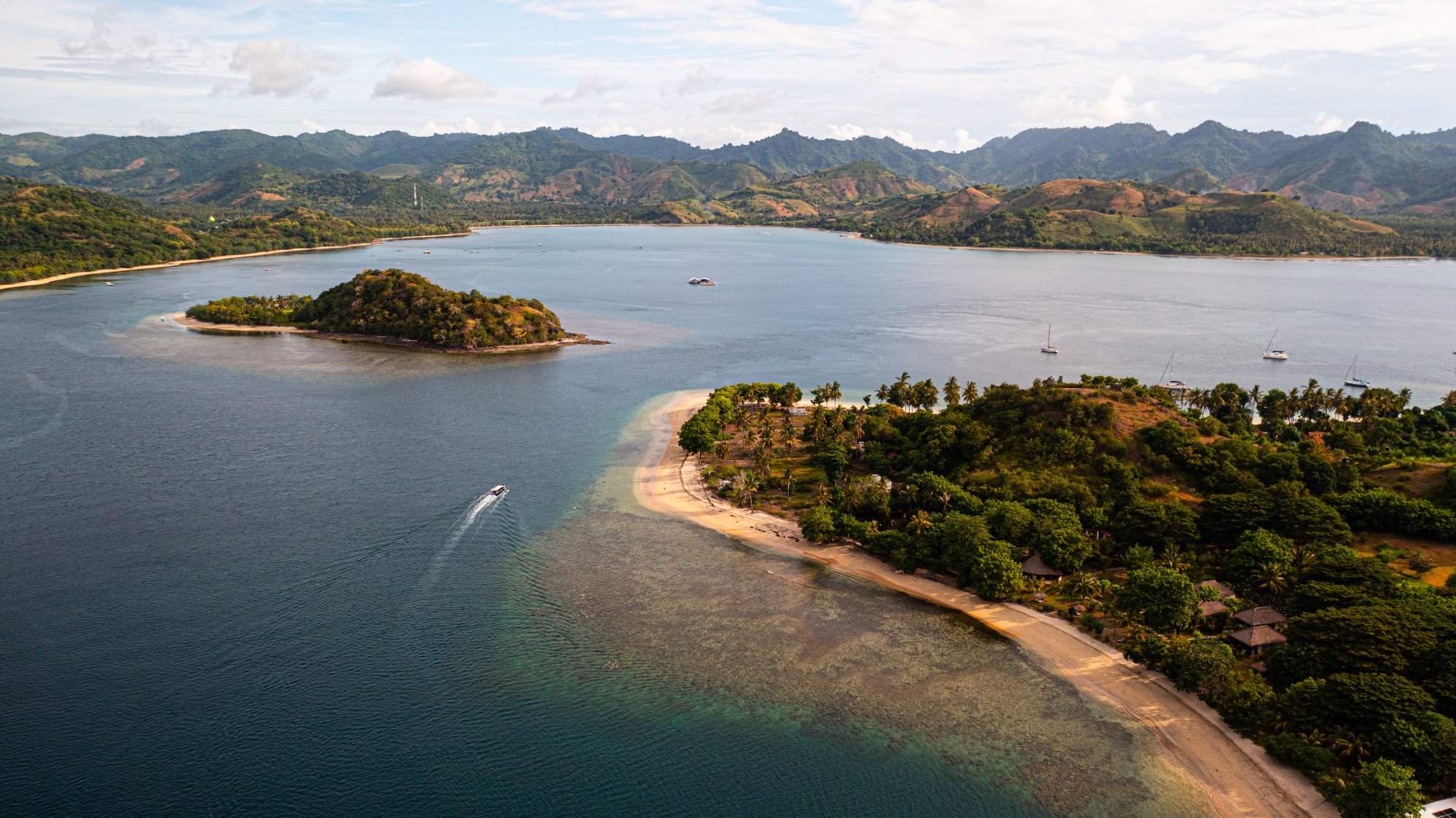
It does not take long before my heart rate slows and the tension in my weary shoulders eases as I relax among the mature trees and vibrant blooms of bougainvillea in the garden of the Pearl Beach Resort, on the east coast of the island.
As I sink into a hammock with a book, all I hear is the breeze rustling through the trees, the gentle lapping of waves and melodic birdsong.
Spending time horizontally is the preferred way to go here, but Gili Asahan offers plenty of activities.
The island is home to a vibrant and healthy reef. It is easy to snorkel out from the shore and the shallow, clear waters are teeming with colourful coral, tropical fish, turtles, starfish and seahorses.
The owners of the Pearl Beach Resort have spent eight years planting, restoring and maintaining the reef’s corals.
They are helped in their work by the fact Lombok lies within the Indonesian section of the Coral Triangle, an area that benefits from a range of factors that protect against bleaching events such as those which are currently taking a toll on reefs around the world.
Crucially, currents and the throughflow of water keep ocean temperatures down.
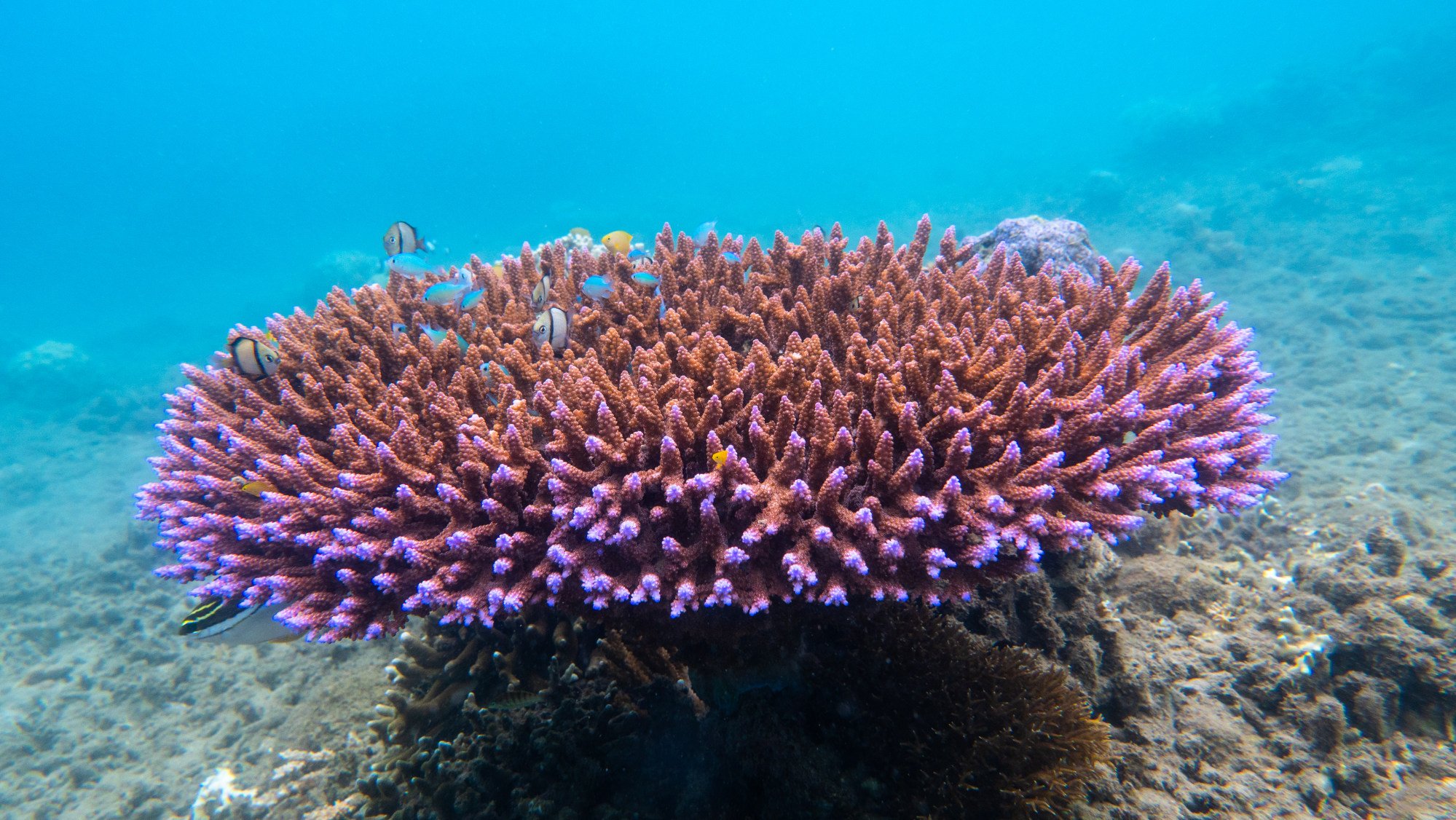
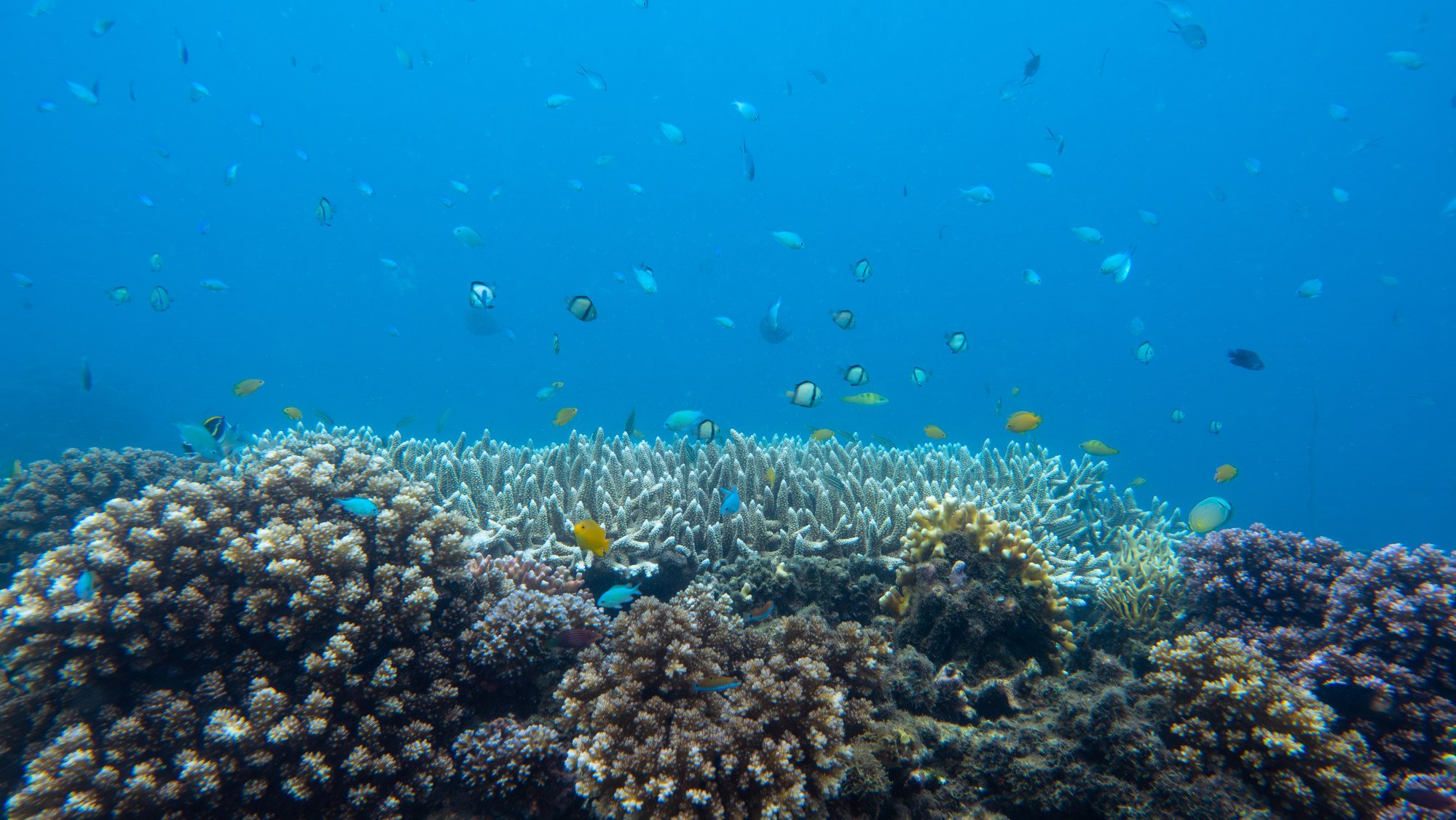
This part of the Lombok coast is dotted with small islands surrounded by reefs. A popular pastime is to sail between the likes of tiny, uninhabited Gili Goleng and Gili Rengit, as well as the larger Gili Gede.
Hotels can organise boat hire for their guests, who then spend the day swimming and sunbathing on powdery white sands, or snorkelling and scuba diving at Sekotong Bay’s beauty spots.
Depending on the time of year, they could encounter mola-mola (ocean sunfish, most common in the dry season from June to October) alongside rays (October to June) and schooling tuna.
If you do not fancy going far, head out in a smaller boat.
I take a leisurely paddle in a kayak around Asahan, stopping at secluded coves along the way, and meet only cows and goats grazing in the shade.
Late afternoon, when the temperature is cooler and the light softer, is the ideal time to stroll around the island. Dirt tracks cross coconut groves, rise over headlands and pass one empty stretch of sand after another.
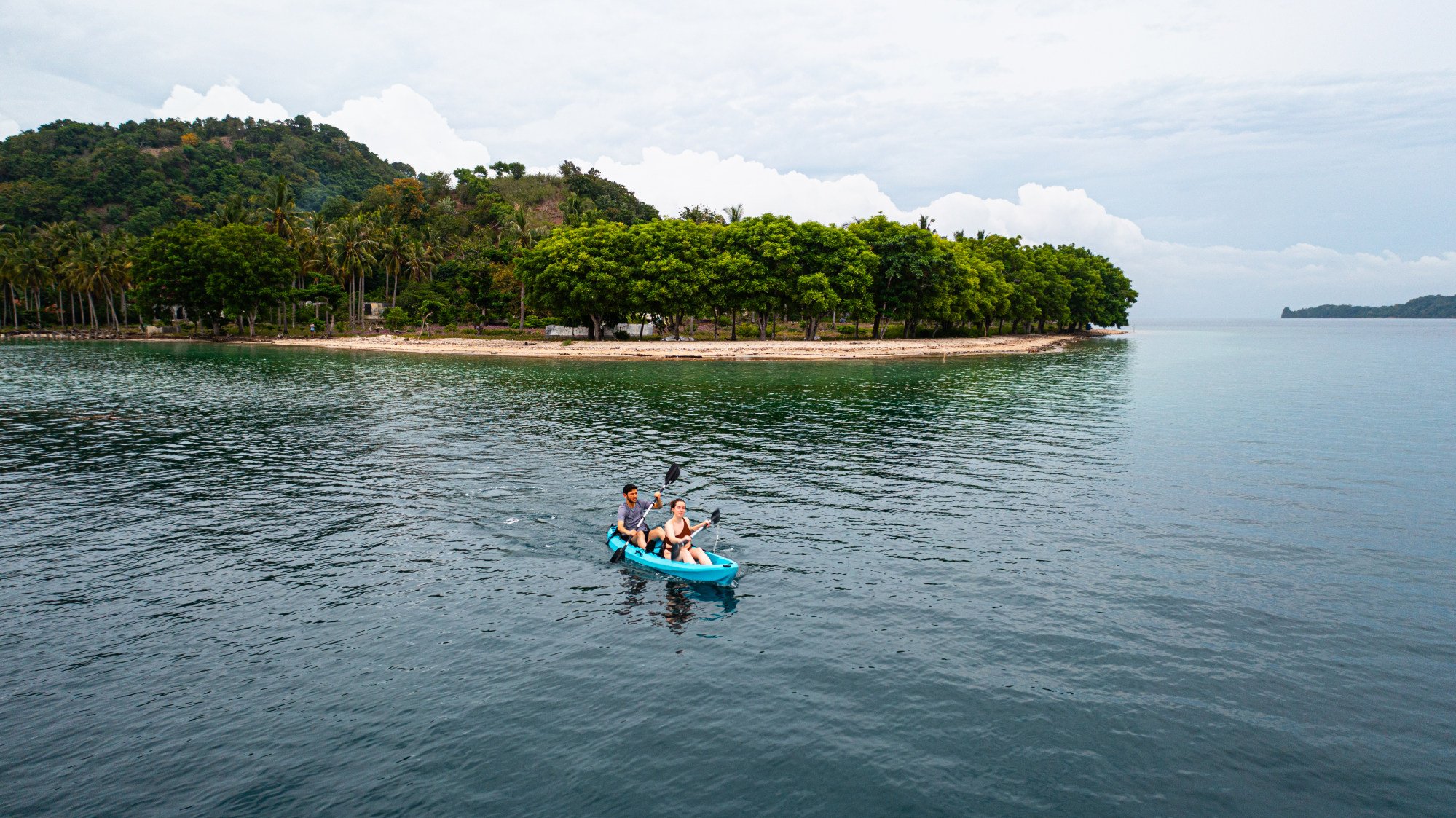
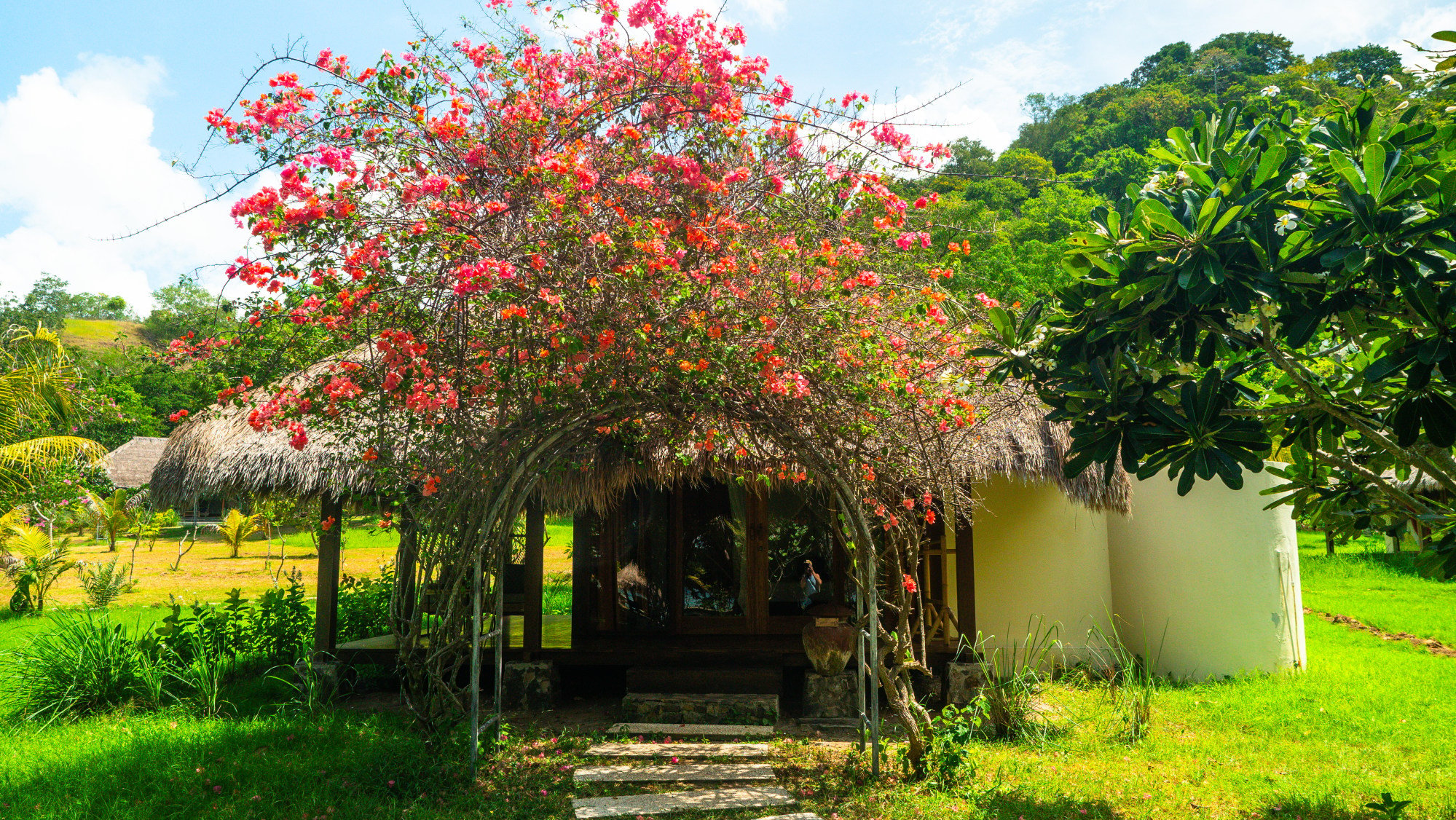
Gili Asahan’s hill viewpoint is the best seat in the house for sunset. Here there are no large, garish letters screaming out the name of the place and no frame sculptures designed to appeal to Instagrammers – elements that have become hard to avoid at other tourist destinations across Indonesia.
As the sun slips behind Bali’s Mount Agung, all I can hear are chirping crickets, distant waves and the faint call to prayer drifting on the wind from the island’s single mosque.

